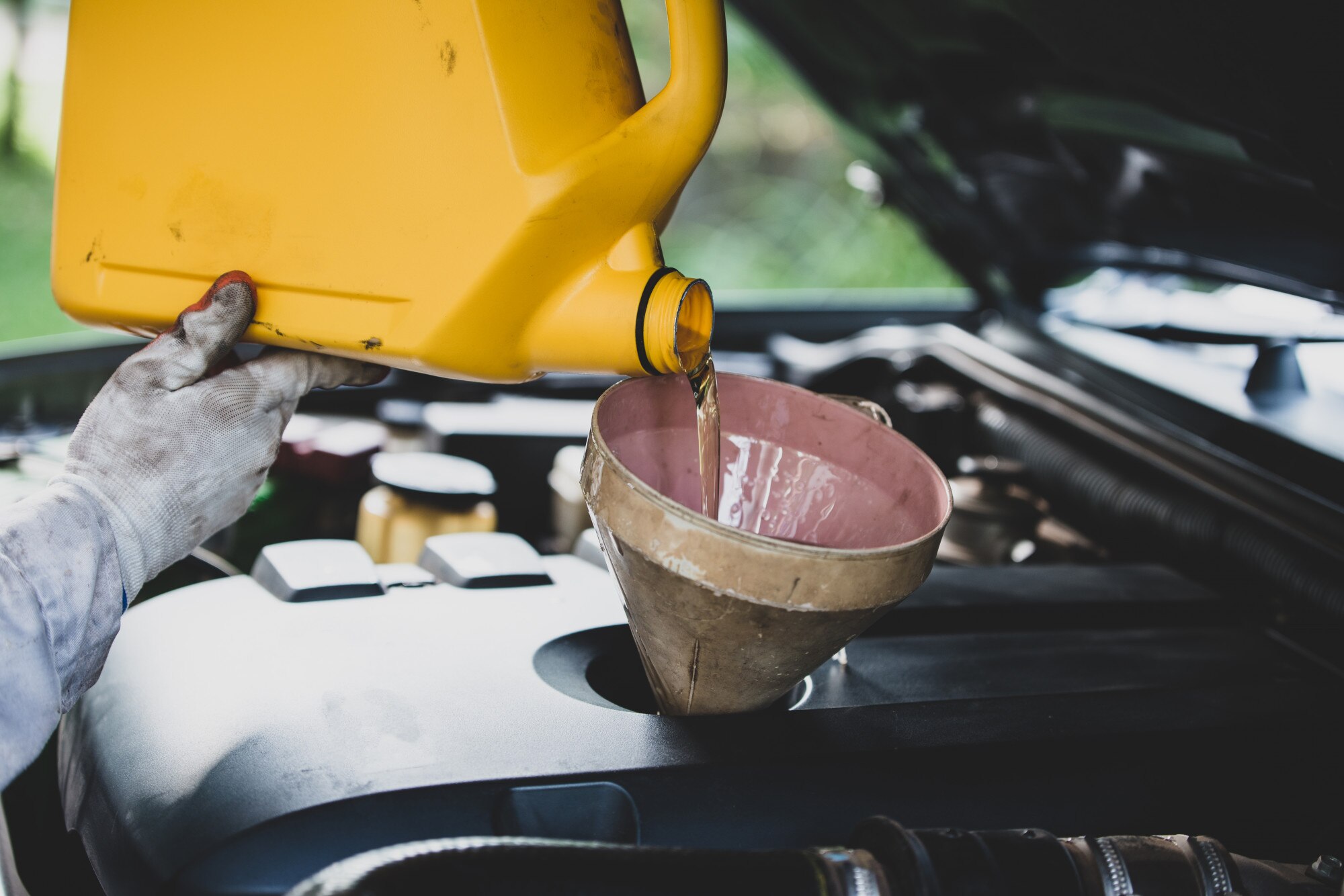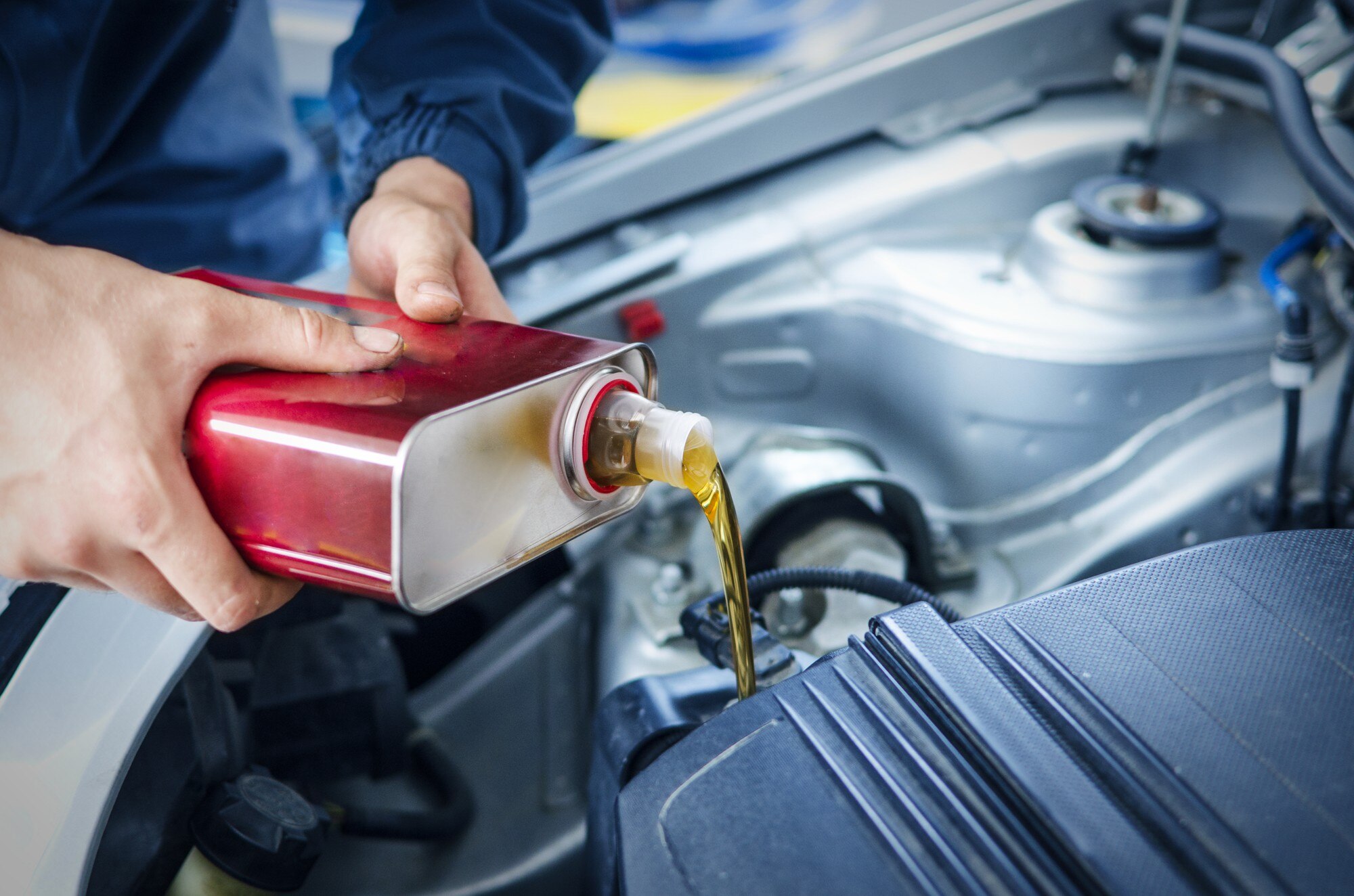Are Counterfeit Engine Oils Real? Here is How to Spot Them!

(Photo Credit: freepik)
Generally, cars require an engine oil change every 10,000 kilometers, which might seem straightforward. However, how can you be sure that the engine oil you’re using is genuine?
If you unknowingly use counterfeit oil, you may end up praying that your engine doesn’t suffer severe damage, as repair costs can be substantial. Today, Motorist will share tips on how to spot fake engine oil and the potential consequences of using it. This ensures that every oil change is done with confidence and protects your beloved vehicle from harm.
Are Counterfeit Engine Oils Real?
In today’s world, where maintaining vehicles is essential, engine oil plays a vital role that car owners cannot overlook. However, a common question arises: “Are counterfeit engine oils real?” The answer is “YES”.
What Is Counterfeit Engine Oil?
Counterfeit engine oil refers to products that have been tampered with, such as refilled old containers, low-quality oils repackaged in famous brand packaging, or oils that fail to meet standards. These products lack the proper lubricating and protective properties essential for engine performance.

(Photo Credit: freepik)
How to Spot Counterfeit Engine Oil
- Check the packaging: Opt for containers that appear new, free from dents, oil residue, or signs of prior use.
- Examine the label: Ensure the label includes complete details such as brand name, production date, volume, and certification marks.
- Smell the oil: Genuine engine oil typically has a strong chemical scent, while fake oil tends to have a milder odor.
- Buy from trusted sources: Purchase from reputable dealers to guarantee product quality.
Consequences of Using Counterfeit Engine Oil
Using fake engine oil can lead to various damages to your engine and vehicle, including:
- Reduced engine efficiency: Low-quality oil can cause engine instability and lower vehicle performance due to substandard ingredients.
- Excessive exhaust smoke: Poor-quality oil can result in incomplete combustion, causing black or bluish-gray smoke. If left unresolved, it could lead to severe engine damage.
- Lead buildup: Counterfeit oils may contain substances that accumulate in the engine, causing strain and increasing the risk of damage.
- Cooling system issues: Low-quality oils can disrupt the cooling system, potentially causing coolant pipe problems.
Choosing high-quality engine oil from reputable manufacturers helps maintain vehicle performance and extends its lifespan. Additionally, having car insurance is crucial to protect both your vehicle and yourself in case of unexpected incidents!
If you have never purchased car insurance before and are currently looking for the best policy to choose, let Motorist help you Here!
Claim your free car valuation today!
Read More: Did You Know? The Difference Between a Radiator and a Coolant Reservoir
Looking for a car appraisal? You can contact us for a free car valuation within 24 hours…
